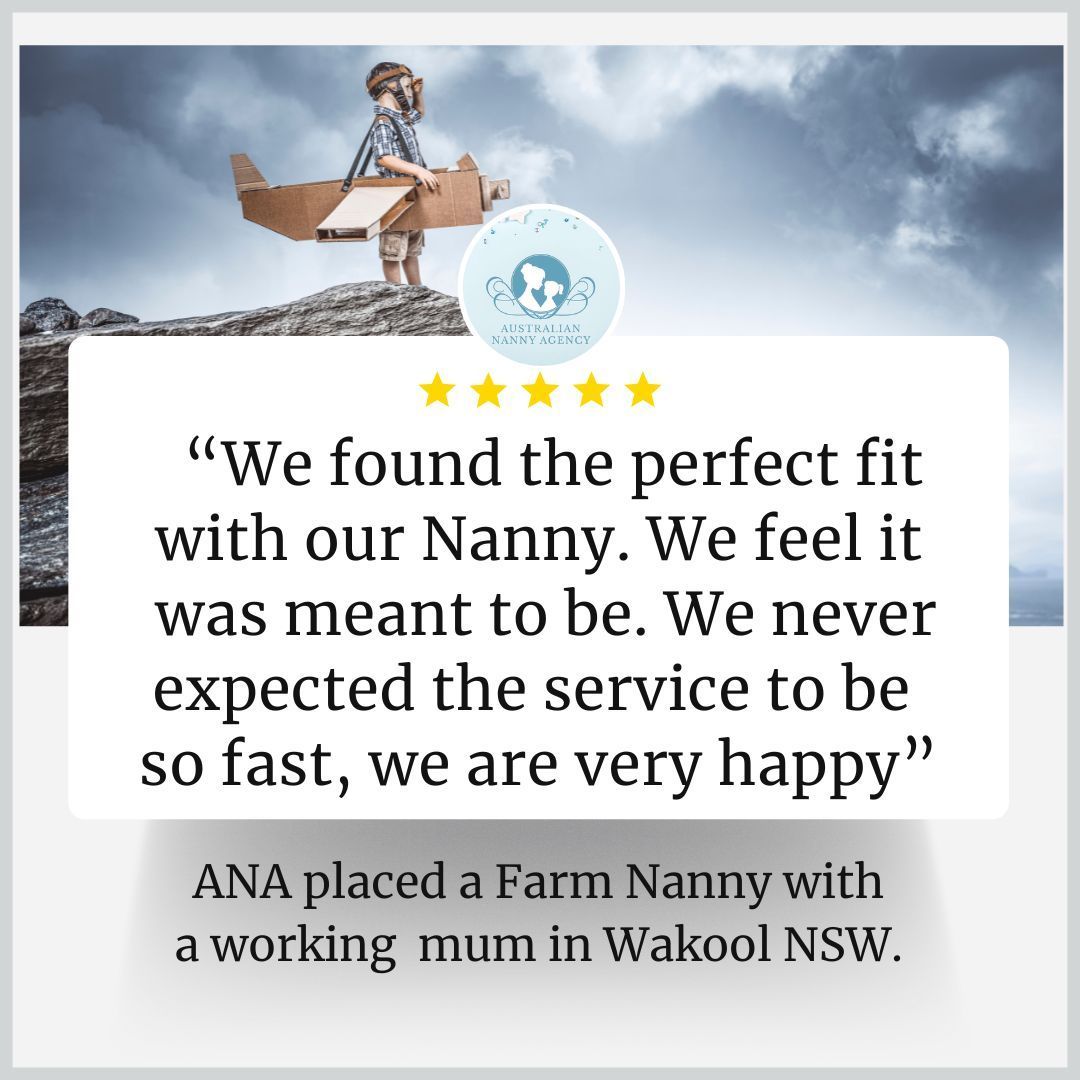"Navigating Visa Requirements: Essential Guidance for Securing Employment in Japan"

What Passport and Visa Do You Need to Work in Japan?
Japan is known for its rich culture, advanced technology, and vibrant cities. It is no wonder that many professionals and expatriates are drawn to the Land of the Rising Sun for employment opportunities. However, if you are considering working in Japan, it is essential to understand the visa and passport requirements that will allow you to live and work legally in the country. This blog will provide an overview of the necessary steps and documentation needed to secure a job in Japan.
Understanding the Basics: Passport Requirements
Before delving into visa specifics, it is crucial to have a valid passport. Your passport should be valid for at least six months beyond your intended stay in Japan. This is a standard requirement for most countries and helps ensure that your travel plans are not interrupted. Ensure that your passport has plenty of blank pages for entry and exit stamps.
Types of Work Visas in Japan
To work in Japan, you will need a work visa. The type of visa you require depends on the nature of your employment and your qualifications. Below are the most common types of work visas available:
1. Engineer/Specialist in Humanities/International Services Visa
This visa is typically for professionals in fields such as engineering, IT, marketing, and other specialized areas. Candidates usually need a bachelor’s degree or higher in a relevant field or a minimum of ten years of work experience in their area of expertise.
2. Intra-Company Transferee Visa
This visa is for employees of multinational companies who are being transferred to a Japanese branch. Applicants must have worked for the company for at least one year before the transfer.
3. Skilled Labor Visa
This visa is designed for individuals with specific skills in trades such as cooking, construction, or agriculture. Applicants must demonstrate expertise in their field, usually requiring a combination of education and experience.
4. Cultural Activities Visa
This visa allows individuals to participate in cultural activities, including internships or training in various skills, such as the arts or traditional Japanese practices.
5. Business Manager Visa
For entrepreneurs looking to start a business in Japan, this visa allows foreign nationals to establish and manage a business entity. Applicants must demonstrate that they have sufficient funds and a detailed business plan.
6. Teaching Visa
This visa is for individuals looking to teach English or other subjects in Japan. Applicants typically need a bachelor’s degree and may require a TEFL or TESOL certification depending on the institution.
7. Working Holiday Visa
This visa is available to citizens of countries that have a working holiday agreement with Japan. It allows young people (usually aged 18-30) to travel and work in Japan for up to one year. This visa is ideal for those looking to experience Japanese culture while earning some income.
The Application Process
Step 1: Job Offer
The first step in obtaining a work visa is securing a job offer from a Japanese employer. Your employer will often need to sponsor your visa application, which can involve submitting various documents to the relevant Japanese immigration authorities.
Step 2: Certificate of Eligibility (CoE)
Once you have a job offer, your employer will need to apply for a Certificate of Eligibility (CoE) on your behalf. The CoE is a document that certifies that you meet the necessary criteria for your visa type. The employer typically submits an application along with supporting documents such as your job description, salary information, and your educational background.
Step 3: Visa Application
After receiving the CoE, you can apply for your work visa at a Japanese embassy or consulate in your home country. You will need to submit several documents, including:
- A valid passport
- The CoE
- A completed visa application form
- A recent passport-sized photograph
- Any additional documents required for your specific visa type (e.g., proof of qualifications)
Step 4: Arrival in Japan
Once your visa is granted, you can enter Japan. Upon arrival, you will receive a residency card, which serves as proof of your legal status in Japan. Be sure to keep your residency card on you at all times and notify immigration authorities if you change your address or employment status.
Conclusion
Working in Japan can be a rewarding experience, providing you with the opportunity to immerse yourself in a unique culture and gain valuable professional experience. However, navigating the visa and passport requirements can be complex. It is essential to ensure that you have the correct documentation and understand the application process to secure your place in this fascinating country. By following the steps outlined above and consulting with your prospective employer, you can pave the way for a successful career in Japan. Whether you plan to teach, work in technology, or start your own business, Japan has something to offer for everyone. Happy travels and good luck with your job search!
What types of visas or passports are required for foreign nationals to work legally in Japan?
Blog








